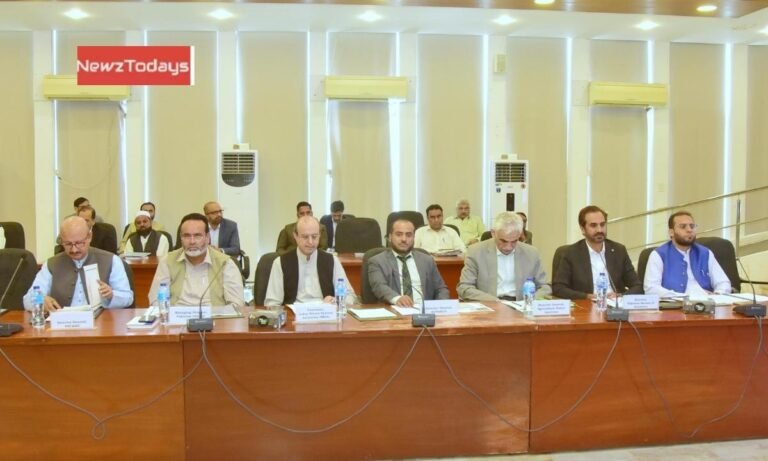Provinces Revert Agri Tax Ahead of IMF Tranche Approval
Punjab and Sindh have reinstated previous agricultural income tax rates as a temporary relief measure for flood-affected farmers, officials confirmed on Thursday.
The decision was announced shortly before the IMF Executive Board meeting, where Pakistan’s next loan tranche is expected to receive formal approval soon.
The restored tax structure will remain applicable from January 1 to June 30, 2025, before IMF-aligned higher rates are implemented from July.
Officials explained that both provincial governments introduced the decision to ease financial pressure on farmers who suffered heavy losses due to devastating floods.
They stated that the six-month relief package was designed in consultation with the IMF to temporarily revert agricultural taxes to earlier pre-flood levels.
The development comes as Pakistan awaits the release of a 1.2 billion dollar IMF installment under the Extended Fund Facility signed earlier this month.
A staff-level agreement between Pakistan and the IMF was finalized on October 15, with board approval expected within the next several weeks.
Read More: CBD Punjab Briefs Diplomats on New Diplomatic Enclave
The release of the tranche is considered essential for strengthening Pakistan’s economic stability and maintaining fiscal discipline under the ongoing IMF program.
Under the restored tax framework, no tax will be charged on agricultural income up to 1.2 million rupees during the six-month relief period.
Incomes between 1.2 million and 2.4 million rupees will be taxed at five percent, following the pre-flood provincial tax schedule now reintroduced.
Incomes from 2.4 million to 4.8 million rupees will incur a flat sixty thousand rupees plus ten percent on the remaining excess amount.
Officials clarified that these tax rates match the previous system implemented before flood-related adjustments made by provincial administrations to support farmers.
From July 2025, new IMF-aligned rates will take effect to broaden the tax base and enhance provincial revenue generation in line with fiscal reforms.
Economists observed that the move balances IMF-driven fiscal commitments with short-term relief measures designed to help Pakistan’s agricultural sector recover sustainably.




